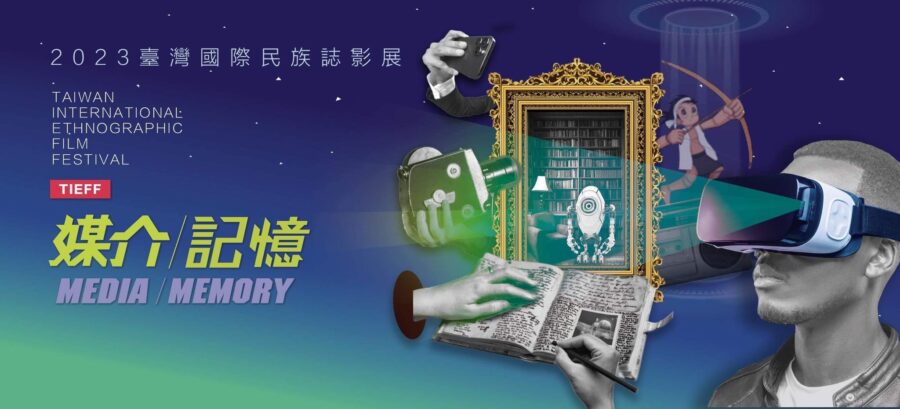Through Thousands Years
A team of film workers of Han descent went to Cinsbu and Smangus—two Atayal villages located in the deep mountains of the Hsinchu County—to shoot a film about the migration history of the Atayal people. This film brought conflicts to the tribe, including distrust of Atayal villagers against the Han outsiders and quarrels within the tribe. An aboriginal director recorded the whole process of Han filmmakers working, communicating, and collaborating with the Atayal village. Were the intercultural conflicts between the indigenous people and the Han filmmakers related to the Atayal tradition?
